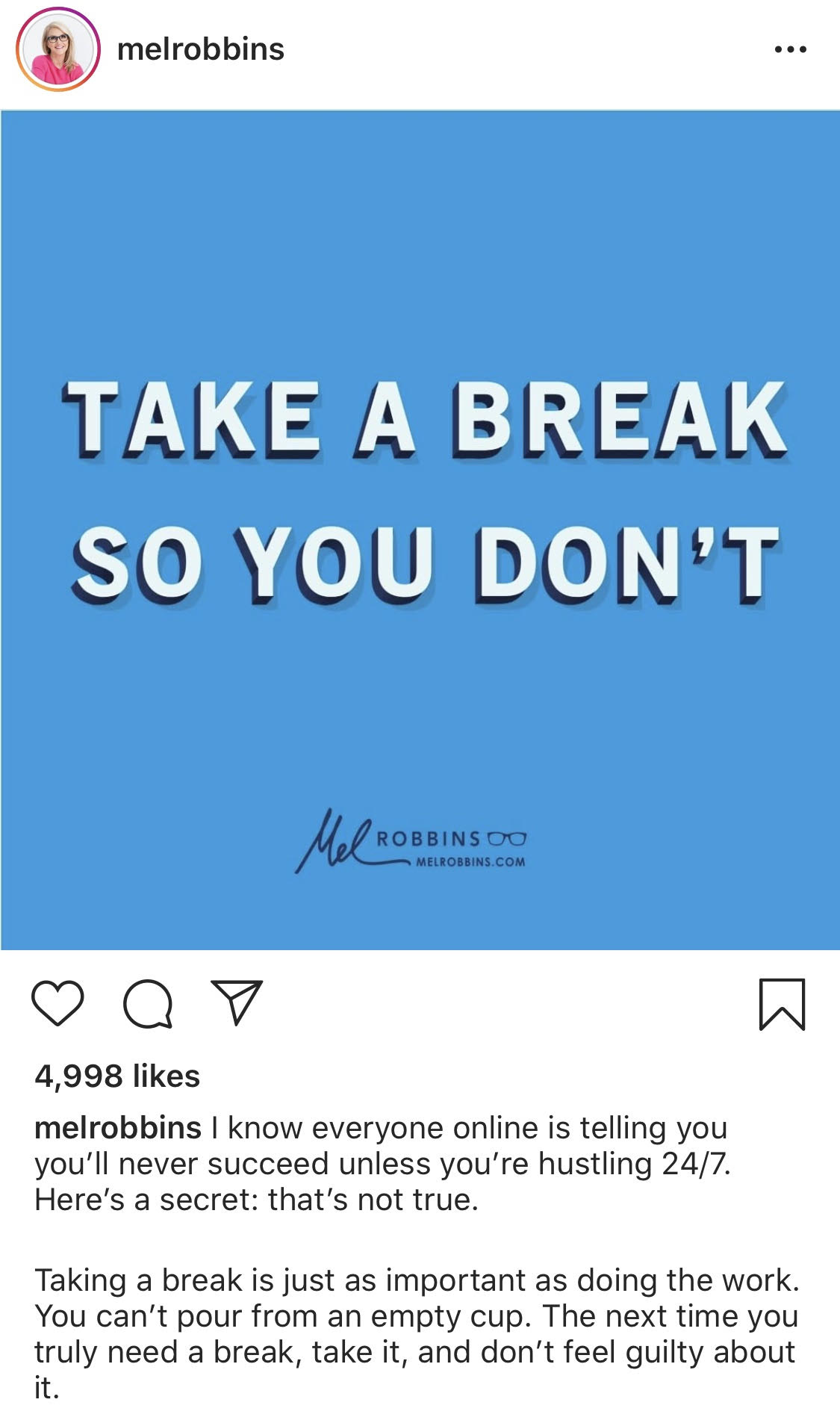There’s no denying that we are constantly on and stimulated 24/7 – that’s just the reality. This can be a by-product of a variety of things, but here are my top three:
- The digital age: we are part of a 24/7 connected culture which is blurring the line between life and work; promoting multitasking and never shutting “off”.
- FOMO (Fear of Missing Out): spending is shifting from buying things (“have it all”) to experiences (“do it all”), packing our calendars and highlighting it all on social media.
- Cost of living: with the cost of living increasing more people may be working multiple jobs or building multiple businesses to make ends meet, while also caring for children at home.
There’s no disputing this, and in my opinion there’s nothing wrong with this, we aren’t going backwards so we need to figure out how we can move forward and ensure we build a framework that doesn’t exhaust us mentally, physically and emotionally.
Now, keeping in mind what I mentioned and how I don’t think anything is wrong with any of it, I would like to take a step back and explain where I think the wrong comes into play. It comes into play when we let this become the norm, and allow it to affect the way we feel about “downtime”.
I fear that people are getting so used to not “turning off” that when things do pause for a slight moment, they automatically think something is wrong. The idleness and slowing down drives people to ask questions such as “Am I working enough? Am I working hard enough? Am I doing enough? Are others working harder than me? Are others working more than me? Are others working better than me? Why is nothing going on today – is something wrong?” I battle this myself. The days when I have less to do, I feel like something is wrong since every other day is jammed. The simple implication is that if I am not busy doing something, I am somehow less than or not worthy of success, or at least worth less than those who seem to be producing something – this just isn’t true. I implore you to sit back and take a moment to think about this. The saying “it’s not how much you work, it’s how smart you work” couldn’t be truer. Aside from working smarter, meditation can definitely help. Meditation can act as a mental reset, reduce stress and leave people in a noticeably better & grateful mood. But we need to do more, we need to talk about this more as we battle the glorification of the unsustainable and unhealthy “grind”. (Disclaimer: I am not saying do not work hard, because that’s the farthest thing from the truth, you need to work really hard and smart! To quote Dr. Seuss – “when he worked, he really worked. When he played, he really played.”)
I just want to let you all know that it’s okay to feel less busy and it is even more okay to turn it off! Embrace it, love it and let it strengthen your mind and soul so you can move to tomorrow with positivity and focus. Many high performing professionals take think weeks, or block off 1 day per week where they can commit to doing as little as possible. This recharge and boost actually helps them perform better and allows them be more productive. It’s super important to remember that just because you have a light day or decided to relax for 1 day doesn’t mean you don’t own your current project, and it doesn’t mean you aren’t obsessed or passionate about what you do. I’ve said this before, in business and life, it is key to be passionate but not emotional, and thinking you can’t turn it “off” sometimes is an emotional decision. Ignore the noise and be okay with days that you have less to do.
I’ll leave you with two pieces of motivation!
The first:

…and the second:
“To live only for some future goal is shallow. It’s the sides of the mountain which sustain life, not the top.”
Robert M. Pirsig, American Writer and Philosopher


